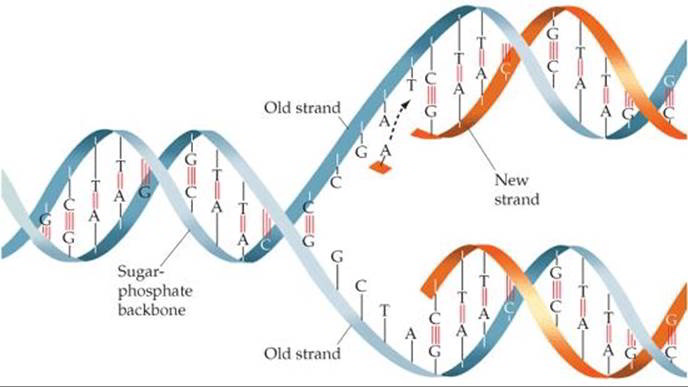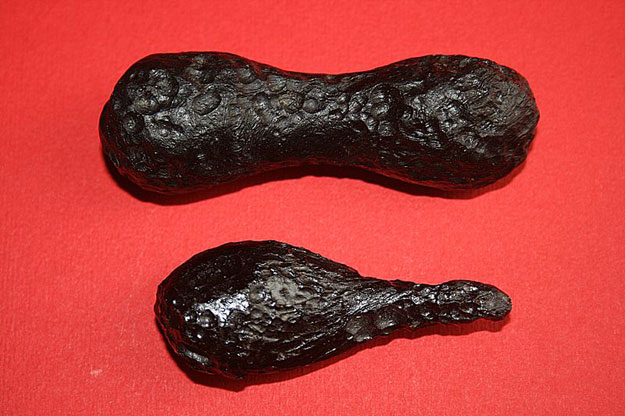A paradigm crisis

With the advance of knowledge a widening gap has appeared between the evidence and the accepted interpretation of the world around us. Thomas Kuhn called such a situation a paradigm crisis.1 These exhibits elaborate reasons for coming to such a conclusion:
- The fossil evidence from the geological strata does not support the evolution of complex life from molecules. Most phyla – the major groups in the animal kingdom – appear suddenly, mainly in the Cambrian rocks;
- Life is dependent on a source of information which has not been replicated by experiment;
- Organisms reveal levels of interdependence, and are therefore irreducibly complex;
- The evidence suggests that many of the rock formations result from catastrophic rather than gradual uniformitarian processes;
- The long periods of time originally required to justify the uniformitarian approach need to be re-evaluated;
- the principles on which radioactive dating is based can be questioned.
1 Kuhn, Thomas, S (1962), The Structure of Scientific Revolutions, University of Chicago Press





